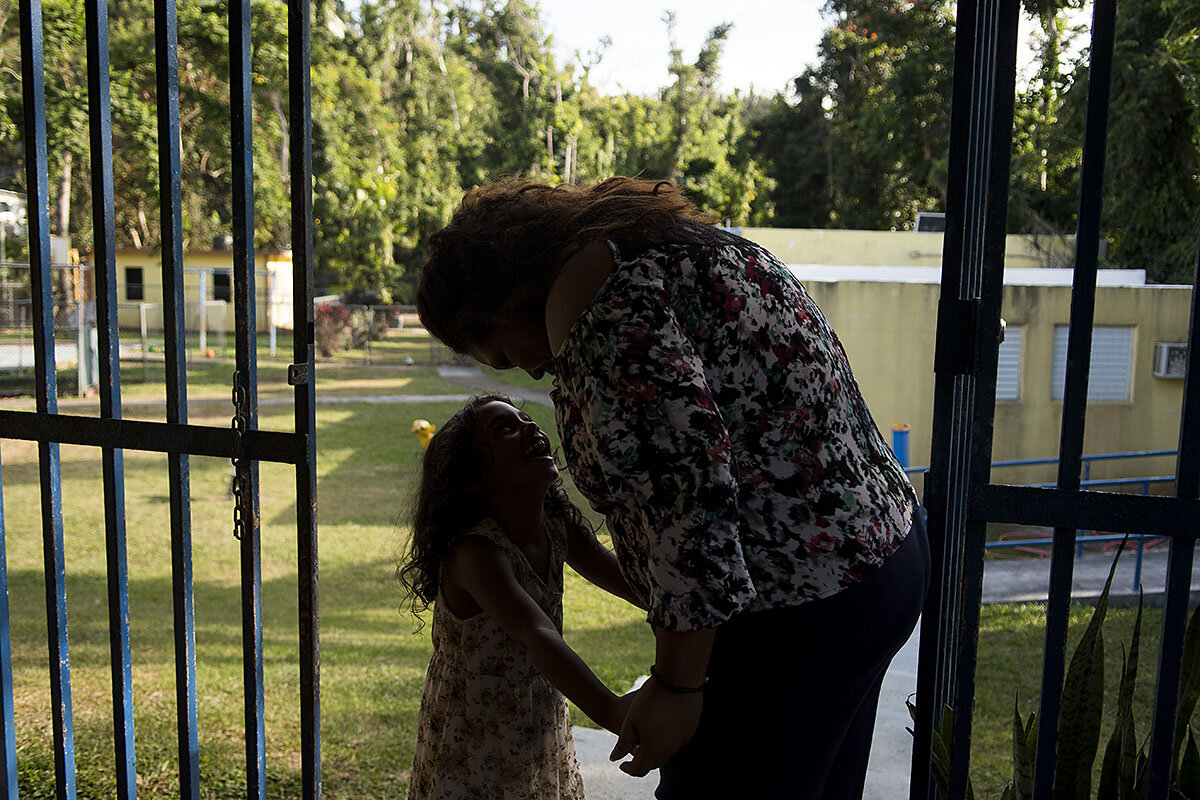Closing offices and tossing out Russian diplomats may not matter to most Americans. But the loss of diplomatic infrastructure likely means more chances for misunderstanding one another. This story looks at how the expulsions from the US and 19 other countries look to Russians.
Monitor Daily Podcast
- Follow us:
- Apple Podcasts
- Spotify
- RSS Feed
- Download
 David Clark Scott
David Clark Scott
A mysterious train, suspiciously similar to the one used by Kim Jong-un’s father, pulled into Beijing Monday. If this is a visit by North Korea’s leader, why now?
Consider the calendar: Mr. Kim has not met any world leader since assuming control in 2011, but he’s offered to meet the president of South Korea in April and President Trump in May.
Before meeting your “enemies” face to face, it might be useful to meet with your closest ally. China has been North Korea’s No. 1 military ally and trading partner, although relations have been rocky lately.
If Kim is in Beijing, his mission is likely to mend fences with Xi Jinping and strategize about the two upcoming summits.
China can give Kim leverage, intelligence, and advice. And for Beijing, it could be a signal to Mr.Trump: When you negotiate with North Korea, you’re also negotiating with China.
After a year of wild-eyed saber rattling, Kim may now be shrewdly laying the groundwork for a preferred de-escalation, lifting sanctions without reducing security (i.e., denuclearization).
During the Russian civil war, Leon Trotsky rode a train from battlefront to battlefront. In the 1970s, Cat Stevens wrote “Peace Train,” a song about seeking hope during the Vietnam War. Is this Kim’s calculated peace train or a Trotsky-esque war train? And will Beijing be on board?
Now our five selected stories, including a look at state-sponsored compassion, the evolution of LGBTQ rights, and safety at home in Puerto Rico.










